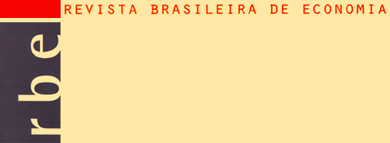We extended the Cole and Kehoe model (1996) by adding trade and debt denominated in national currency. We then evaluated some external debt defaults and steep national currency devaluations occurred during last decades. Although default is unlikely, steep devaluation has been repeatedly triggered during financial distresses. It helps to overcome financial crisis as it improves trade balance and reduces national debt level. On the other hand, expected devaluation hurts welfare through both higher national debt cost and reductions in the investment level. We modeled such trade-offs and showed that trade openness, by and large, improves the expected welfare as it allows for a better devaluation-response technology. We ran model simulations based on past 48 crises occurred in 32 middle-income countries, reasonably fitting devaluation and default responses observed as from 1971.
Trade-openness; speculative attacks; debt crisis



































